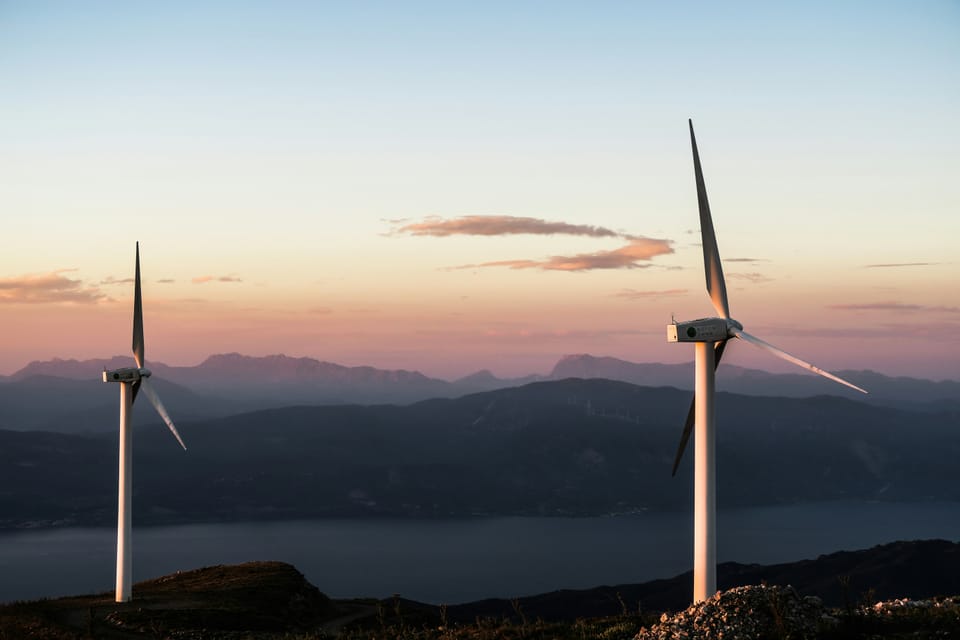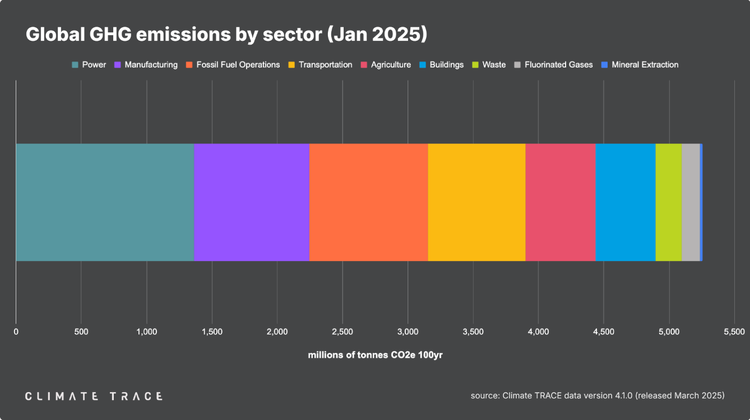EU energy transition: 20% of fossil fuel generation displaced by renewables since 2019

Growth in wind and solar capacity has cut fossil fuel generation by 20% since 2019, according to a new report highlighting the positive climate impact of the current European Commission ahead of the June 9 parliamentary elections.
Since 2019, EU wind and solar capacity has grown by 65% or 188 gigawatts (GW): wind capacity increased by 31% to reach 219 GW in 2023, while solar capacity more than doubled to 257 GW.
This is according to a report by climate think tank Ember, which notes that this capacity growth resulted in a 46% increase in renewable generation (+226 TWh) in the same timeframe, while fossil generation decreased by 22% (247 TWh).
This trend has driven a record surge in the share of renewables in the EU’s electricity mix, which went from 34% in 2019 to 44% in 2023.
“Ambitious, world-leading climate policies, combined with targeted measures to get off Russian gas, have solidified into real and sustained momentum. The EU is now in the midst of a historic, permanent shift away from reliance on fossil fuels for power,” said Sarah Brown, Europe Programme Director at Ember.
EU climate policies have extended ‘global leadership’
According to the think tank, the surge in renewable capacity and resulting decrease in fossil energy generation are due to the EU’s ambitious climate policies, with the presentation of the European Green Deal in 2019, followed by the European Climate Law and 2050 net zero target, the Fit for 55 package and REPower EU, introduced in 2022 to reduce reliance on Russian gas.
In addition, the EU has also increased its climate ambitions in the past four years, lifting its 2030 renewable energy target from 32% to 42.5% and its emissions reduction target from 40% to 55%.
EU bloc climate policies are trickling down to individual countries, with more than half of its 27 Member States having at least doubled, and sometimes more than tripled, their wind and solar capacity from 2019 to 2023. For several countries including Portugal, Belgium and Germany, 2023 was the year when renewable energy consumption surpassed fossil fuels for the first time.
The think tank adds that without the policy-driven wind and solar growth, fossil generation would have fallen by just 1.9% (21 TWh).
European Parliament elections could dial back climate ambition
The report comes just a few days before the European Parliament elections on June 9, where polls suggest a likely shift to the right and greater fragmentation that could hinder further progress against climate targets.
Several of the right-leaning parties running for election have voiced their opposition to policies such as the European Green Deal and plan to roll back what they see as “ideology-based” lawmaking.
Read also: COP28 and energy - Can renewables pledge counter lack of fossil fuel ambition?







Member discussion